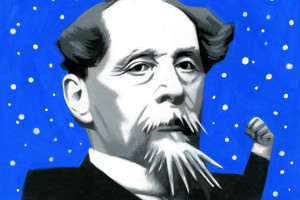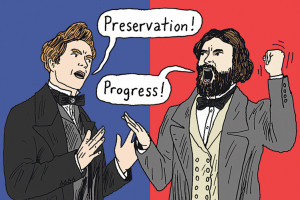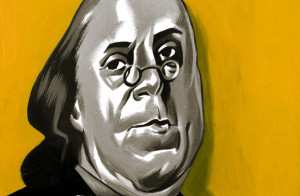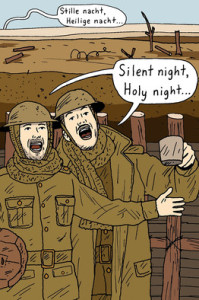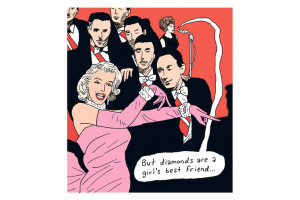Winter storms have become so frequent in the U.S. that they now have names, like hurricanes. This week saw the arrival of Seneca, making for a touch-and-go race about which will run out first: the alphabet or the jet stream. The weather in the eastern U.S. has been brutal enough this year that millions of Americans have been confined to their homes. In a country where, according to the Centers for Disease Control and Prevention, only one in six of us does anything like the recommended amount of physical activity, “Snowmaggedon” is a danger to the country’s health as well as its roads.
The ancients knew well that people will use any excuse to avoid exercise—bad weather, of course, being among the most popular. To counteract the natural human tendency toward inertia, the Greeks had their Olympics, the Chinese their tai chi and the Indians their yoga. The Romans went so far as to make exercise a legal requirement for all male citizens age 17 to 60. With the exception of Thomas Aquinas, who was colossally fat, lack of exercise was rarely a problem in the Middle Ages. Few people had time for aerobics when survival was the order of the day.






